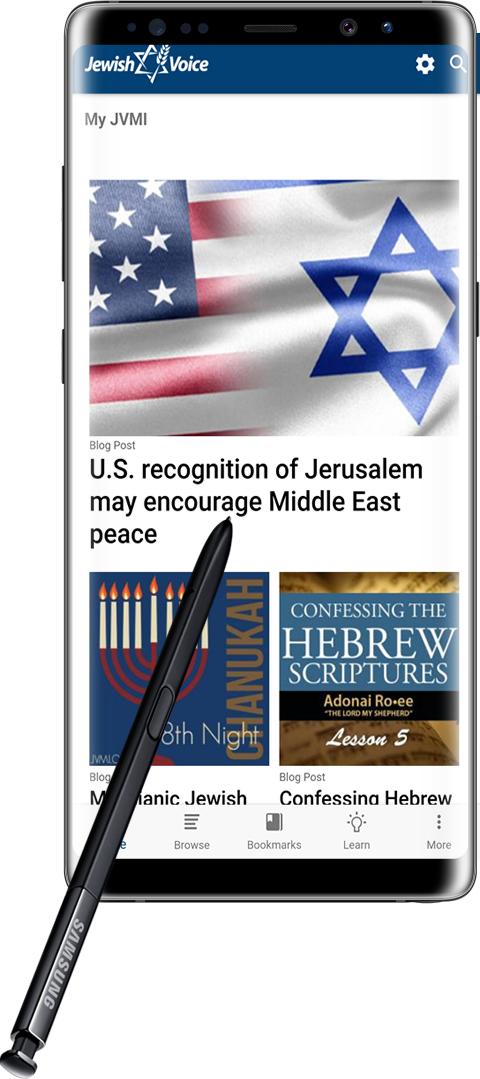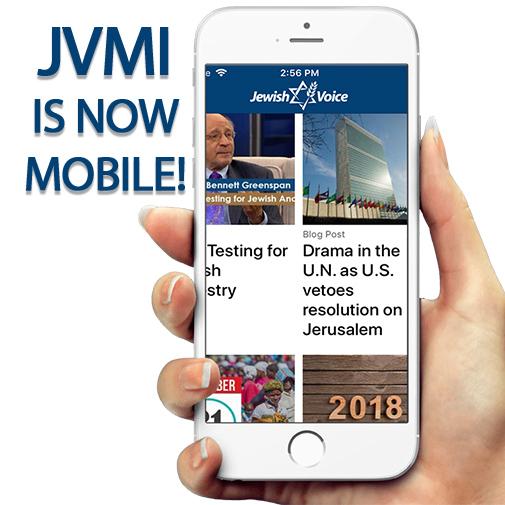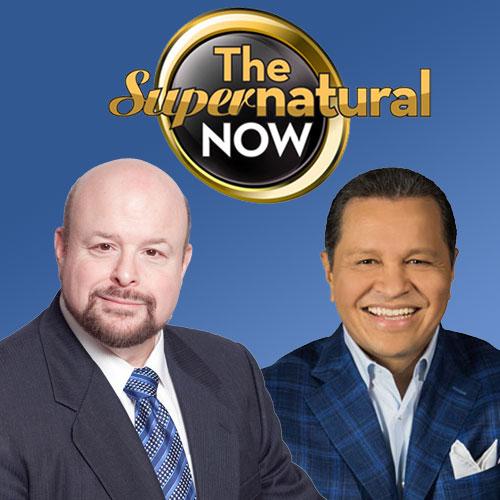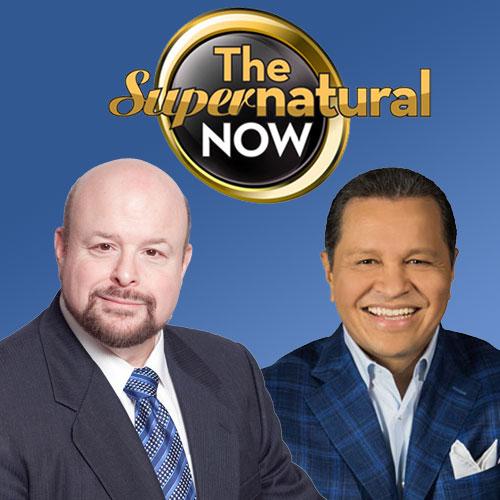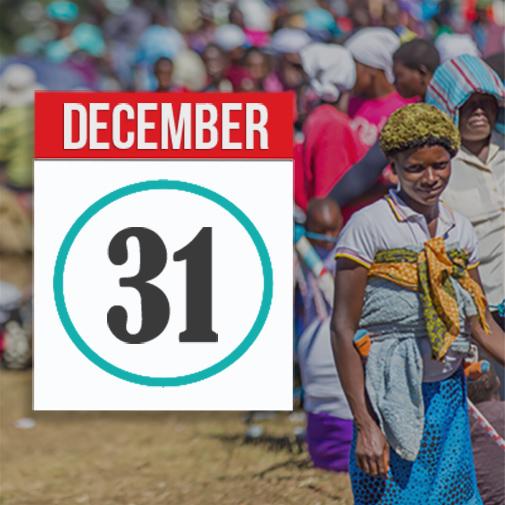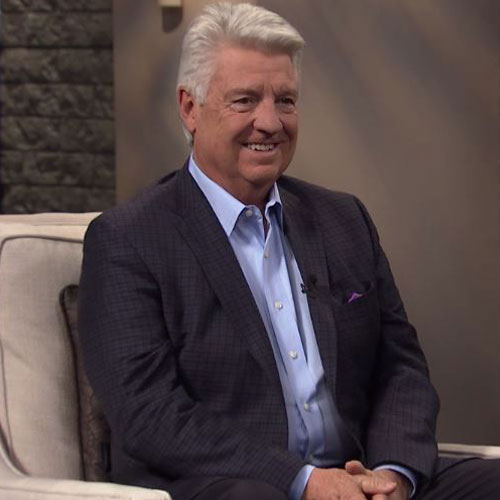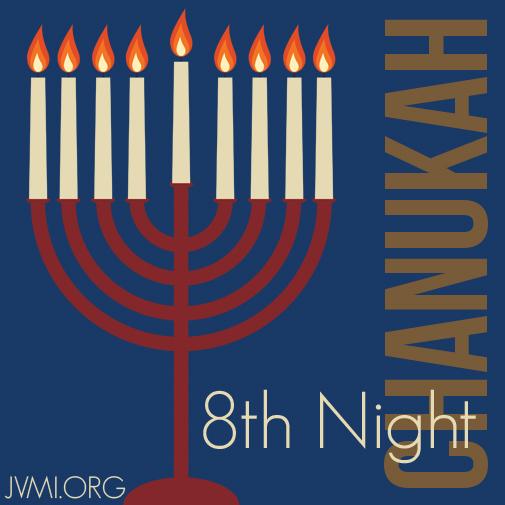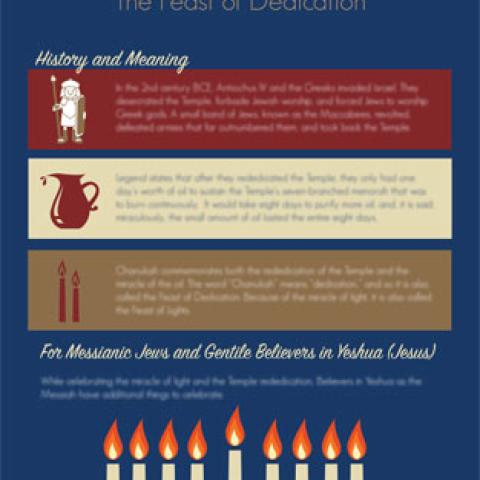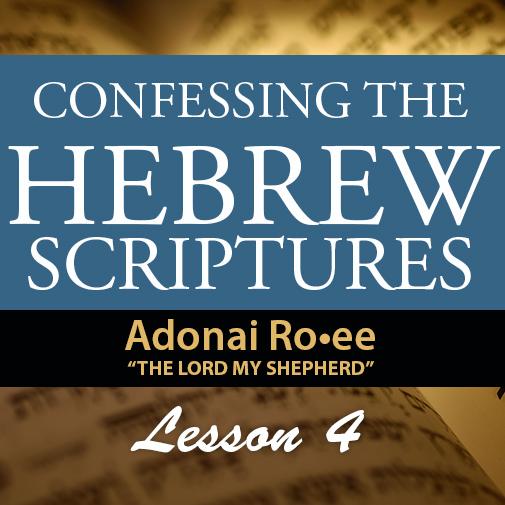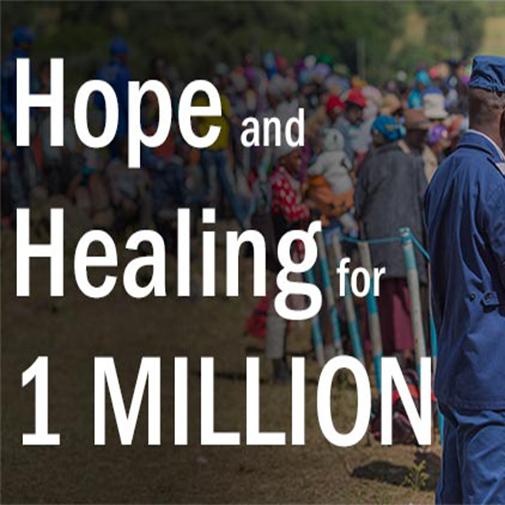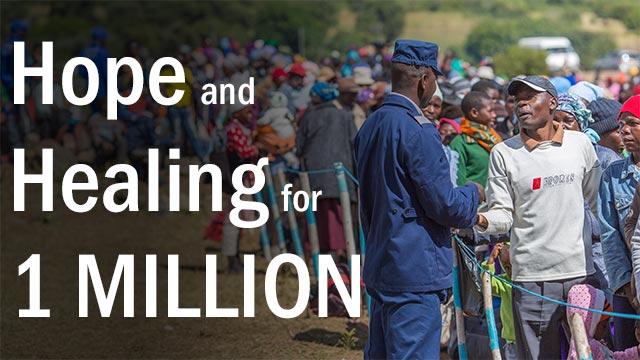The contrast between God’s holiness and the state of the desecrated Temple greatly disturbed the Israelites.
They earnestly desired to set things right and present to their Holy God a renewed and pure dwelling place for Him. Through the miracle of the oil, God Himself made it possible for His people to rededicate the Temple to Him.
Scripture tells us that we, as believers in Yeshua, are temples of God (1 Corinthians 6:19). His Spirit dwells within us. Chanukah entreats us to examine our hearts and, with awakened enthusiasm for the miracle of the Gospel, rededicate our lives to God. This Feast of Dedication beckons us to renew our commitment to following Him closely, trusting Him in all things, and letting Him transform us on deeper levels than ever before.
On this eighth night of Chanukah, we search our hearts before God who has given us so much, and we offer Him our whole lives afresh. We turn over to Him all that stands in the way of being wholly committed to Him and rededicate ourselves to faithfully follow Him.
Messianic Jewish Chanukah Blessings
Place eight candles in the chanukiah tonight, setting them in the holders from right to left. As you light the Servant Candle (Shamash), recite the Chanukah blessings:
Blessed are You, LORD, our God, King of the universe, who has sanctified us with Your commandments and has given us Yeshua the Messiah, the light of the world.
Blessed are You, LORD, our God, King of the universe, who has performed miracles for our ancestors in those days at this time.
Candle Lighting
Using the Servant Candle, light the Chanukah candles in the opposite direction from which you placed them in the holders. Light them from left to right. Return the Shamash to its place. Let the candles go out on their own; they should burn for a least half an hour.
Scripture Readings
“He exists before everything, and in Him all holds together. He is the head of the body, His community. He is the beginning, the firstborn from the dead, so that He might come to have first place in all things…” (Colossians 1:17-18 TLV).
“So when they had brought the boats to the landing, they left everything and followed Him” (Luke 5:11 TLV).
“Commit your way to Adonai. Trust in Him…” (Psalm 37:5 TLV).
Prayer
Faithful Father, even when our devotion to You is inconsistent, You never waver in Your commitment to us. You have given us freedom and life! Help us to trust You more fully and follow You more steadfastly. We rededicate ourselves to You now, knowing there are no better hands in which we could rest. Thank You for this Chanukah season, when we can celebrate Yeshua, the Light of the World, and the victory He won for us. Thank You, Father, for making the way for us to know Your transforming love. Draw us ever closer as we dedicate ourselves afresh to You.

